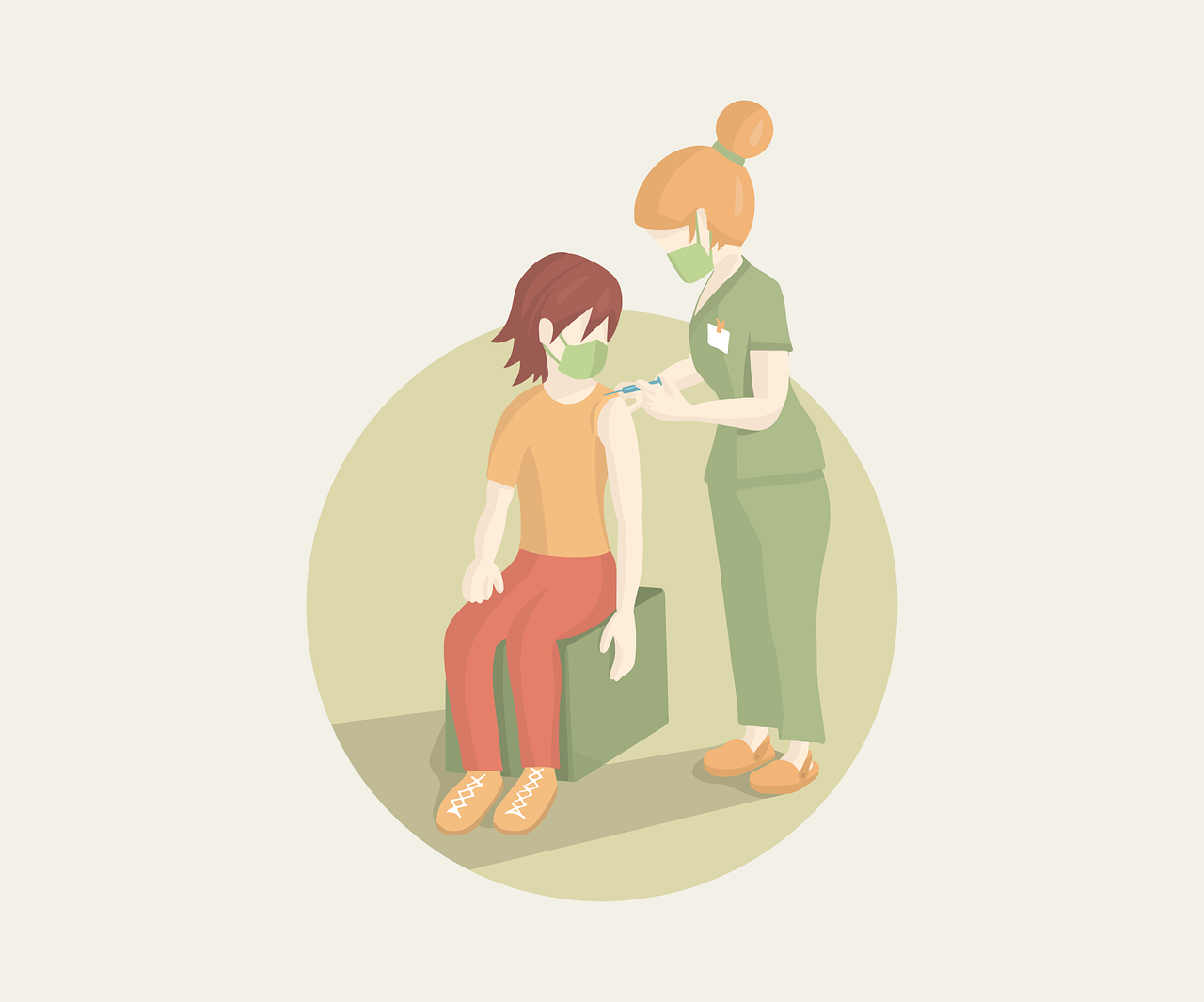COVID-19 Vaccines - Recommendations for People with Cancer
Table of Contents
The COVID-19 vaccine helps to prevent serious illness after infection with the coronavirus disease. Even after getting a vaccine, it is still important to know your risk and how to protect yourself by doing things like wearing masks, hand washing and avoiding large crowds.
When is the best time to get vaccinated if I have cancer?
If you have cancer and are on treatment, it is important to talk with your provider about the best time to get a COVID-19 vaccine. This is very important because some treatments can impact how the vaccine works.. Cancer patients may need additional doses depending on their immune response and treatment plans.
What are the different kinds of vaccines for COVID-19?
- mRNA: uses messenger RNA (mRNA) to make a spike protein like the one found on the surface of the COVID-19 vaccine. The mRNA helps to train your immune system to recognize and respond to the virus. Examples include the Pfizer and Moderna vaccines.
- Viral vector vaccines: These vaccines use a modified version of a different virus (not the COVID-19 virus) to train the cells to produce a protein from the virus, which triggers an immune response. Examples include the Johnson and Johnson and Vaxzevria vaccines. These are not currently available in the United States.
- Protein subunit vaccines: These vaccines include a harmless piece of the virus (not the whole virus) to trigger an immune response. Novovax is a protein subunit vaccine.
- Inactivated or live-attenuated vaccines (not available in the United States): These vaccines use inactivated virus particles to activate an immune response. Live-attenuated vaccines use a weakened version of the virus. Examples include Sinopharm and Sinovac. These have been used in China and some other countries.
Who can get the vaccine?
In the US, the current guidelines are:
- All adults should be vaccinated for COVID-19.
- Infants as young as 6 months can be vaccinated with the Pfizer and/or Moderna vaccines.
- Novavax is approved for those 12 years and older.
What are the side effects?
Side effects of the vaccine are often mild and go away in a few days. You may have:
- Pain/soreness where you had the shot.
- Fatigue (feeling tired).
- Headache.
- Fever, chills.
- Muscle aches.
- Swollen lymph nodes. You may feel this in the arm where you had your shot. This is a normal reaction of your immune system. It should go away in a few days to a week. These swollen lymph nodes can affect radiology tests like routine mammograms or MRI/PET scans. Talk to your provider about when to have these tests after your vaccine.
There are some serious side effects of the vaccine, but they are not very common. These can be:
- Allergic reaction: This may happen in individuals who have had reactions to vaccines before. You may be monitored after getting your vaccine for a short period to check for an allergic reaction.
- Blood Clots (with the Johnson and Johnson vaccine): This usually happens within one week of getting your vaccine. Symptoms include pain, swelling, tenderness, and redness in the skin near the clot, shortness of breath, chest pain, fast heart rate, and low blood pressure (if the clot is in the lungs). Call 911 or go to the emergency room right away if you have these symptoms.
- Myocarditis or Pericarditis: This is inflammation of the heart. Symptoms include chest pain, feeling like your heart is beating fast or fluttering, and shortness of breath. This often happens within 1 week of getting the shot. Call 911 or go to the emergency room right away if you have these symptoms
COVID-19
Covid-19 vaccines may be covered by your insurance. Vaccines may be available at community health centers if you don’t have insurance.
To find a place near you to get a vaccine, click here.
Resources for More Information
American Cancer Society COVID-19 Vaccines in People with Cancer
Centers for Disease Control (CDC). Stay Up to Date with COVID-19 Vaccines.
Immunize.org. Checklist of Current Versions of U.S. COVID-19 Vaccination Guidance and Clinic Support Tools.
